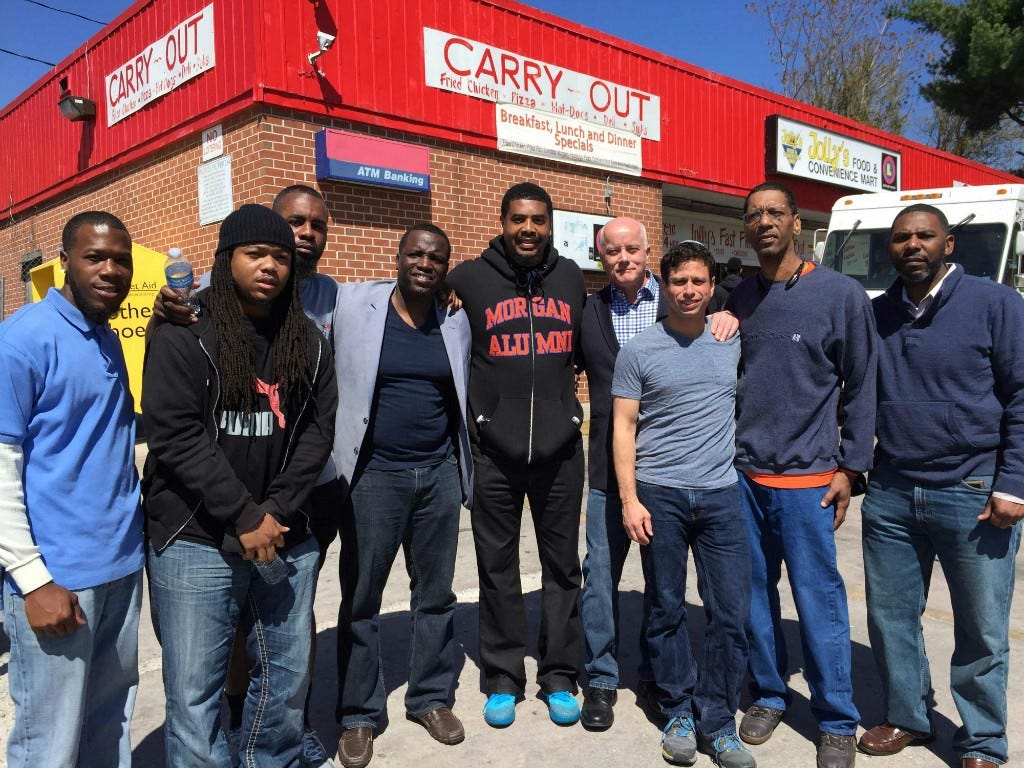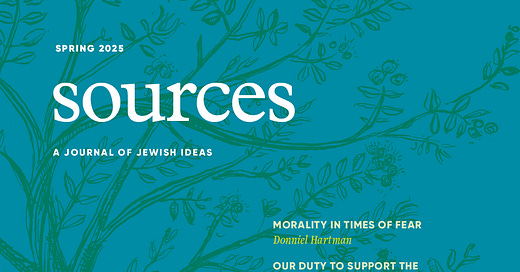The End of Tikkun Olam
Here's a better (and, believe it or not, more Jewish) way to think about justice
I’m proud for this essay to appear in the current issue of the venerable Hartman Institute journal Sources. I’ll monitor the comments below, so after you’ve clicked through and read the piece, please do share your questions or thoughts!

In April 2015, just before hosting a seder at the White House, and one week before 25-year-old Freddie Gray would be arrested just a mile from my home in Baltimore, then President Barack Obama sent a Passover message to the American Jewish community. “Like the Israelites who Moses led out of slavery long ago, it is up to us to never lose faith in the better day that lies ahead…. Together,” he went on, “we can continue the hard but awesome work of tikkun olam and do our part to repair the world….”
[…] Tikkun olam, as President Obama rightly observed, means “repairing the world.” The phrase has become synonymous with social justice and volunteerism. More than this, tikkun olam is, for large swaths of American Jewry, a powerful (perhaps the most powerful) manifestation of ethical behavior. To “do Jewish,” many feel, is to do justice, and we often define this as mending cities, communities, and the planet in all their broken places.
[…] Tikkun olam, I want to suggest, though, is not the most authentic model for pursuing justice in a Jewish idiom. My own experience working for a better world reveals the term’s limits, as does its history. I also believe we should be precise with language: how we describe our pursuit of justice shapes our doing of it.



